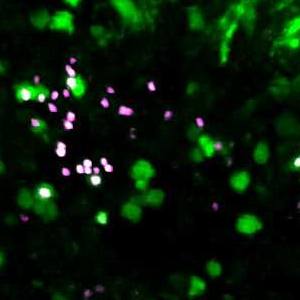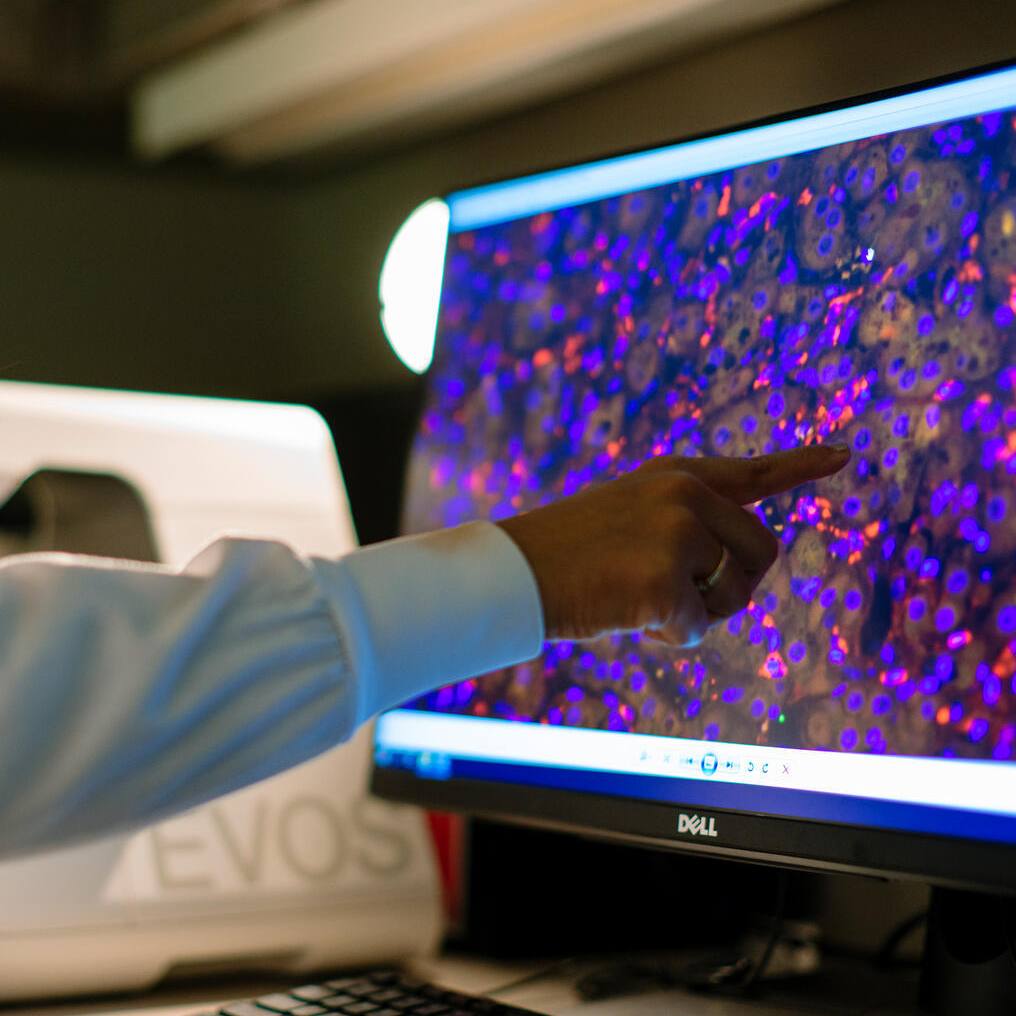-
Tumor Genomics: Customizing Treatments for Deadly Prostate Cancer
A new study at Mayo Clinic is using genomic sequencing to develop customized treatments for men with castration-resistant prostate cancer, a progressive and incurable stage of prostate cancer, which no longer responds to hormone therapies that stop or slow testosterone production.
Oncologist and principal investigator of the Prostate Cancer Medically Optimized Genome-Enhanced Therapy (PROMOTE) study, Manish Kohli, M.D., says, “Men with castration-resistant prostate cancer have abysmal survival rates, typically living an average of two years once hormone therapies fail." Dr. Kohli says the poor prognosis for men with this cancer highlights the need for studies like PROMOTE, which seek to match new targeted drugs with the genomic characteristics of individual patients’ tumors.
Click here for news release.
Watch this educational animation about pharmacogenomics:
http://www.youtube.com/watch?v=fGjG_9EEeeA







